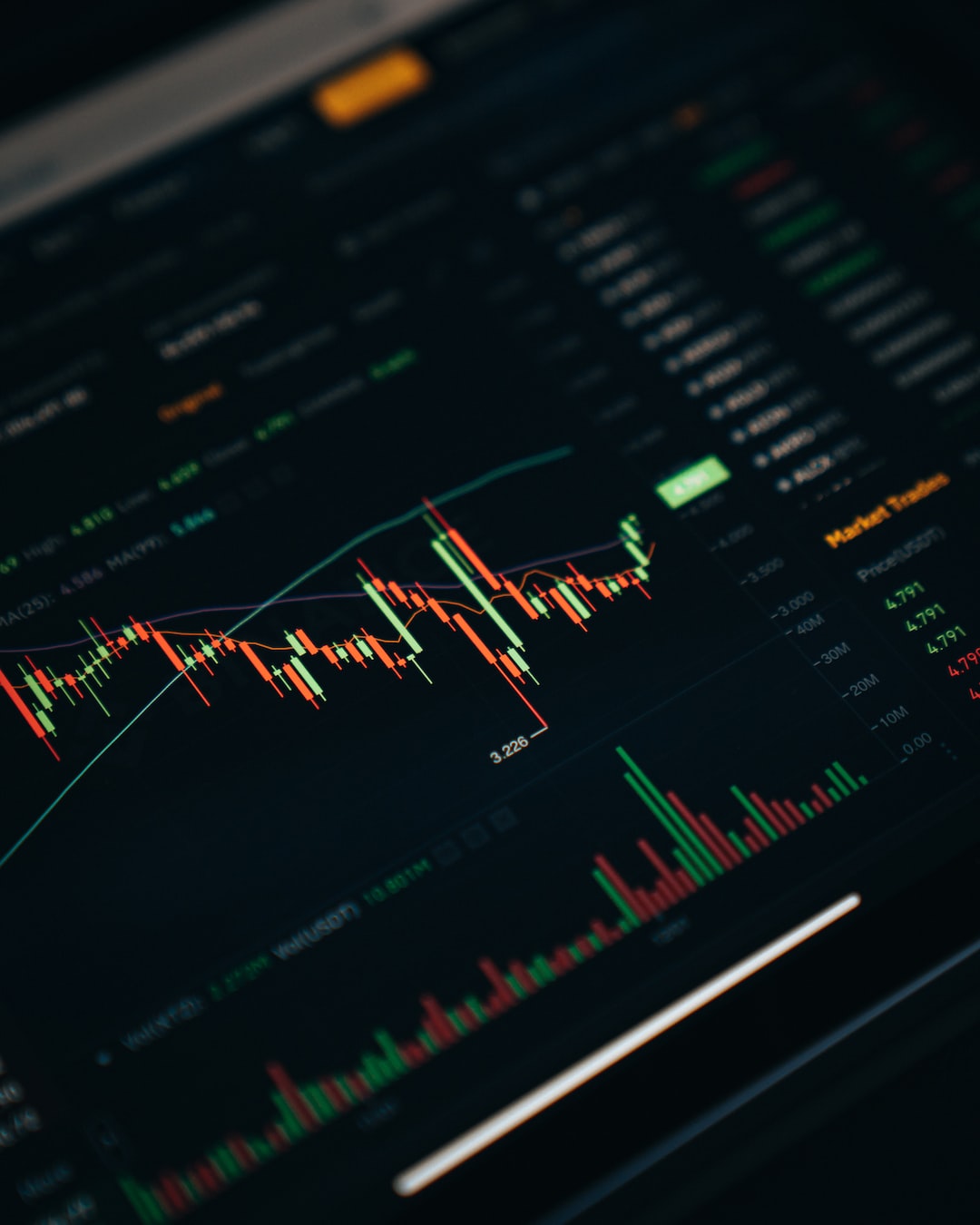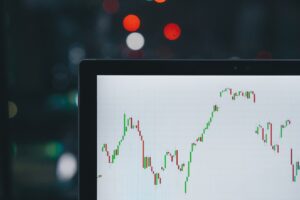A Beginner’s Guide to Forex Home Trading: Getting Started
Forex trading, also known as foreign exchange trading, is the process of buying and selling different currencies on the market with the aim of making a profit. With its high liquidity and potential for substantial returns, forex trading has become increasingly popular among individuals looking to generate income from the comfort of their own homes. However, for beginners, navigating the forex market can seem daunting. This article serves as a comprehensive guide to help beginners get started with forex home trading.
Understanding the Forex Market
Before diving into forex trading, it is essential to understand the basics of the market. The forex market is the largest financial market globally, with an average daily trading volume of over $6 trillion. Unlike other financial markets, such as the stock market, forex trading does not have a physical location. Instead, it operates through an electronic network of banks, financial institutions, and individual traders.
Currencies are traded in pairs, with the most commonly traded pairs being EUR/USD, GBP/USD, and USD/JPY. The exchange rate between two currencies determines the value of one currency relative to the other. Forex traders aim to profit from fluctuations in exchange rates by buying a currency when its value is expected to rise and selling it when its value is expected to fall.
Choosing a Reliable Broker
To engage in forex trading, beginners need to open an account with a forex broker. It is crucial to choose a reliable and reputable broker to ensure the safety of funds and fair trading conditions. When selecting a broker, consider factors such as regulation, trading platforms, customer support, and transaction costs.
Regulation is vital as it ensures that the broker operates in compliance with industry standards and offers a certain level of protection to traders. Look for brokers regulated by reputable authorities such as the Financial Conduct Authority (FCA) in the UK or the Australian Securities and Investments Commission (ASIC).
Trading platforms are the software through which traders execute trades and access market data. Beginners should opt for user-friendly platforms that offer a range of analytical tools and real-time charts to assist in decision-making.
Developing a Trading Plan
Successful forex trading requires careful planning and discipline. Developing a trading plan is essential to outline your trading goals, risk tolerance, and strategies. A trading plan helps maintain consistency and prevents impulsive decisions driven by emotions.
Define your trading goals based on your financial objectives and time commitment. Determine how much capital you are willing to invest and the amount of risk you are comfortable with. It is essential to set realistic expectations and avoid falling into the trap of get-rich-quick schemes.
Additionally, decide on a trading strategy that suits your trading style and risk appetite. There are various trading strategies, such as trend following, range trading, and breakout trading. Each strategy has its own set of rules and indicators to identify potential entry and exit points.
Educate Yourself
Forex trading is a skill that requires continuous learning and improvement. Beginners should invest time in educating themselves about the forex market, trading strategies, and risk management techniques. There are several educational resources available, including online courses, webinars, and trading books.
Start by understanding the fundamental and technical analysis methods used in forex trading. Fundamental analysis involves analyzing economic indicators, central bank decisions, and geopolitical events to predict currency movements. Technical analysis focuses on studying price patterns, trends, and chart indicators to identify trading opportunities.
Practice with a Demo Account
Before risking real money, beginners should practice trading with a demo account. Most reputable brokers offer demo accounts that simulate real market conditions. A demo account allows traders to familiarize themselves with the trading platform, test different strategies, and gain practical experience without the fear of losing money.
It is crucial to treat the demo account as if it were a real trading account. Set realistic goals and track your progress. Analyze your trades and learn from both successful and unsuccessful trades. This practice will help build confidence and develop a trading routine.
Risk Management
Risk management is a fundamental aspect of forex trading. It involves implementing strategies to minimize potential losses and protect trading capital. Beginners should never risk more than they can afford to lose and should establish a risk-reward ratio for each trade.
One common risk management technique is setting stop-loss orders. A stop-loss order instructs the broker to automatically close a trade if it reaches a predetermined price level, limiting potential losses. Additionally, beginners should avoid overtrading and diversify their trades to spread the risk.
Conclusion
Forex home trading offers individuals the opportunity to generate income by trading different currencies. However, it requires a solid understanding of the market, a reliable broker, a well-defined trading plan, continuous education, and effective risk management. By following this beginner’s guide, aspiring forex traders can embark on their trading journey with confidence and increase their chances of success.





